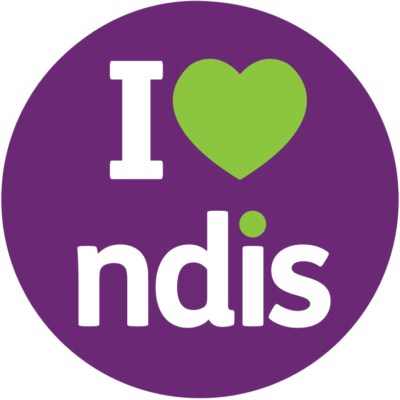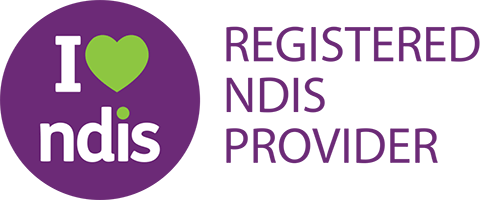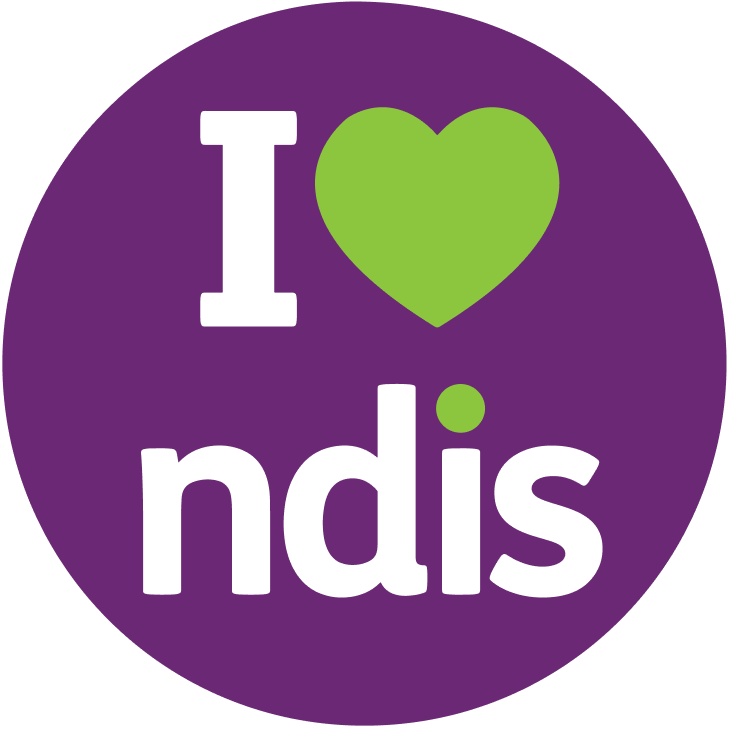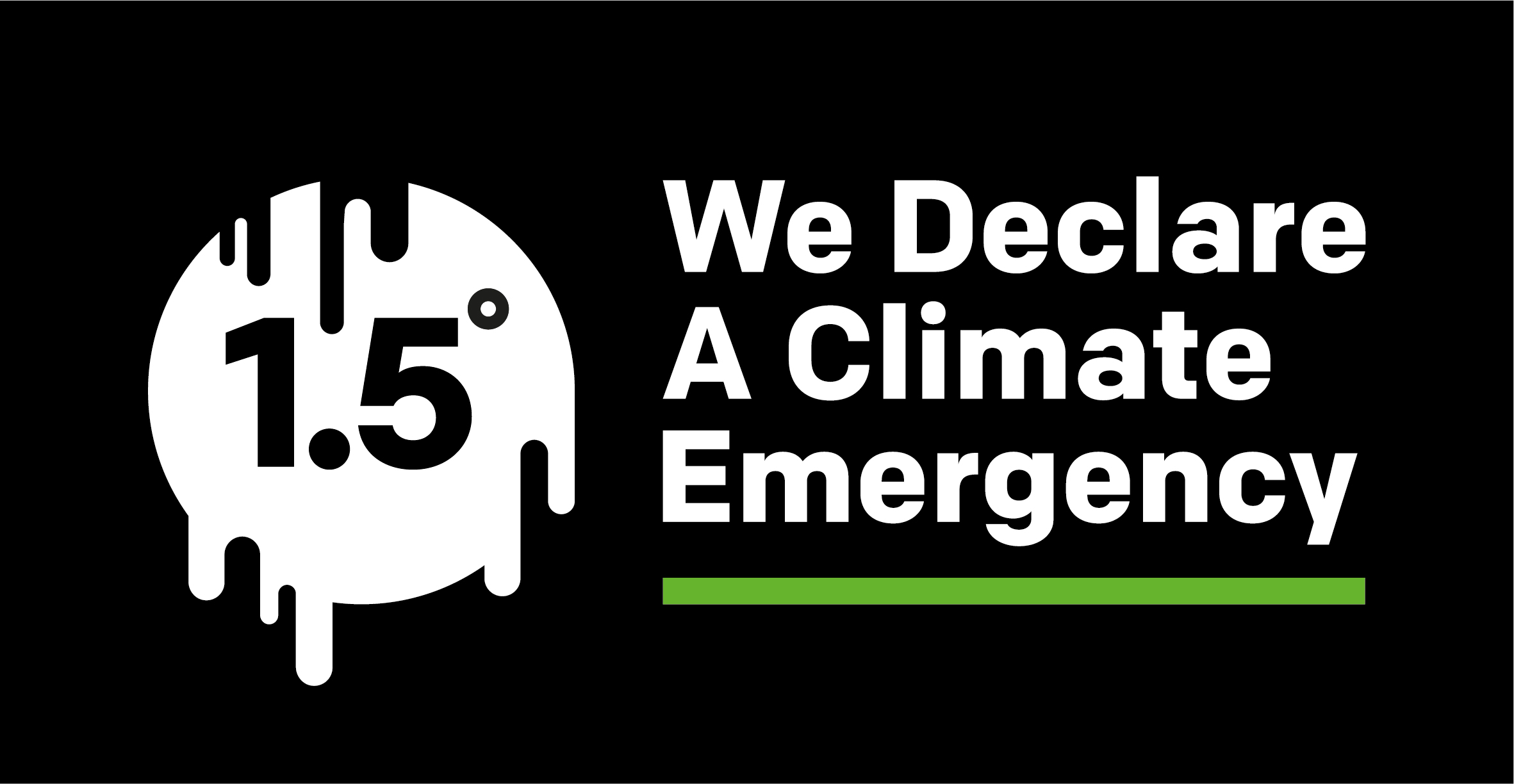What happens if the allied health professional doesn’t believe the allied health assistant has the appropriate skills or competency
If the allied health professional feels the allied health assistant does not have the experience, skills or knowledge to implement a client’s therapy plan, the following steps can occur:
- If it’s within the client’s budget, the allied health professional can provide further training to the allied health assistant to support them with the implementation of that task.
- The allied health professional can relay information or resources to the allied health assistant and Fora about the type of training that needs to be undertaken by the allied health assistant to safely and effectively implement the therapy task(s).
- Fora can remove the allied health assistant from the role and try to find a more appropriate allied health assistant with guidance about the types of skills and knowledge that is necessary to safely and effectively implement the therapy plan.




